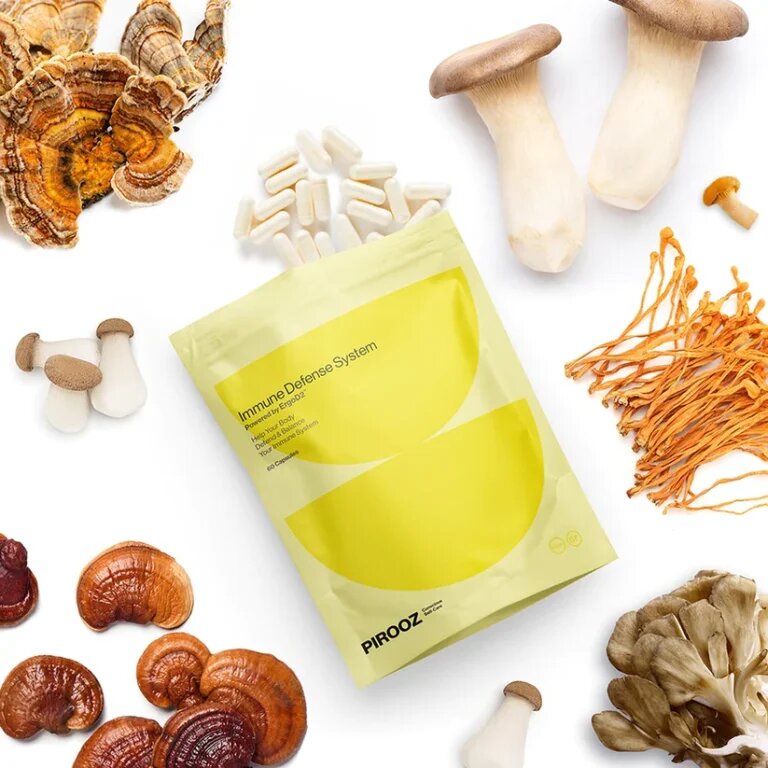The immune defense system is akin to a sophisticated security network deployed throughout our bodies. Comprising various organs, tissues, and cells, its primary objective is to identify and neutralize foreign invaders while distinguishing them from the body's cells. At its core lies a complex interplay of mechanisms that orchestrate a formidable defense against pathogens.
The Role of Immune Cells
Within the intricate framework of the immune system, an array of specialized cells stands ready to confront any threat. From macrophages and lymphocytes to neutrophils and dendritic cells, each plays a vital role in detecting, targeting, and eliminating pathogens. These cells act in concert, executing a meticulously coordinated response to safeguard our well-being.
Immune Responses: A Symphony of Defense
When faced with an assault from pathogens, the immune defense system mounts a multi-faceted defense, characterized by intricate cellular interactions and signaling pathways. The innate and adaptive immune responses collaborate seamlessly, deploying a variety of tactics to neutralize threats and establish immunity against future encounters.
Enhancing Immune Function
While the immune defense system operates autonomously, certain factors can influence its efficacy. Adopting a healthy lifestyle, characterized by balanced nutrition, regular exercise, and sufficient rest, is paramount for bolstering immune function. Additionally, incorporating immune-boosting supplements and herbs can provide added support in times of need.
Lifestyle Factors and Immunity
The lifestyle choices we make exert a profound impact on immune health. A diet rich in fruits, vegetables, and lean proteins provides essential nutrients that fortify our defenses. Regular physical activity not only enhances circulation but also promotes the optimal functioning of immune cells. Adequate sleep is equally crucial, as it allows the body to replenish its energy stores and repair damaged tissues.
Stress and Immunity: Unraveling the Connection
The relationship between stress and immune function is a complex interplay fraught with intricacies. While acute stress can temporarily enhance immune responses, chronic stress has been shown to exert deleterious effects, suppressing immune function and increasing susceptibility to illness. Thus, managing stress through mindfulness practices, relaxation techniques, and social support is vital for maintaining robust immunity.
Boosting Immunity Naturally
Nature offers a treasure trove of remedies that can fortify our immune defenses. From herbal teas and tinctures to essential oils and medicinal mushrooms, there exists a plethora of natural remedies with immunomodulatory properties. Incorporating these into our wellness routines can provide added protection against infections and bolster overall immune resilience.
Immune Defense System in Action
In real-life scenarios, the immune defense system serves as our stalwart protector, thwarting threats and preserving our health. Whether battling the common cold, resisting seasonal flu strains, or mounting a defense against more formidable adversaries, its unwavering vigilance ensures our survival in the face of adversity.
FAQs
How does the immune defense system identify pathogens?
The immune defense system employs a diverse array of receptors that recognize specific molecular patterns associated with pathogens. This enables it to discern between self and non-self, facilitating targeted responses against invaders.
What role do vaccines play in immune defense?
Vaccines stimulate the immune system to produce a protective response against specific pathogens, thereby priming the body to mount a rapid and robust defense upon subsequent exposure.
Can lifestyle choices impact immune function?
Yes, lifestyle factors such as diet, exercise, sleep, and stress management profoundly influence immune health. Adopting healthy habits can bolster immune function and enhance overall well-being.
Are there natural remedies for boosting immunity?
Indeed, numerous natural remedies, including herbs, supplements, and lifestyle interventions, can support immune function. Incorporating these into your daily regimen can fortify your body's defenses.
What role does sleep play in immune function?
Sleep plays a crucial role in immune function, as it allows the body to replenish energy stores, repair damaged tissues, and regulate immune responses. Prioritizing adequate sleep is essential for optimal immune health.
How does chronic stress affect immune function?
Chronic stress can dysregulate immune function, leading to increased susceptibility to infections and inflammatory disorders. Managing stress through relaxation techniques and lifestyle modifications is paramount for preserving immune resilience.
Conclusion
In the intricate dance of life, the immune defense system emerges as our steadfast ally, shielding us from harm and preserving our vitality. By understanding its mechanisms, nurturing its resilience, and embracing healthy habits, we empower ourselves to lead lives of vigor and well-being. Let us honor this remarkable guardian and prioritize the maintenance of our immune health, for it is the key to a life lived abundantly.


No comments yet